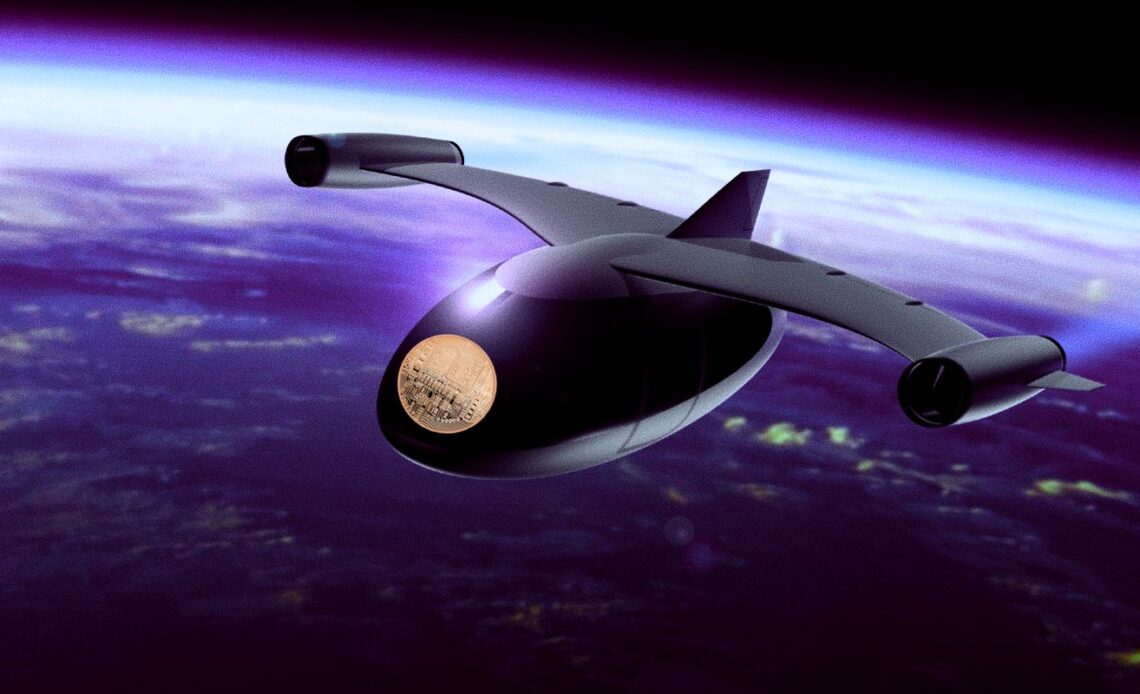HodlX Guest Post Submit Your Post
Covid-19 devastated the aviation industry. Airlines lost $168 billion dollars in 2020. Their revenues plummeted by 55 percent. In nominal terms, the subsector was set back 16 years to 2004.
Covid-19 preceded a big change in travel during the pandemic airlines could not depend on the past for customer data to forecast the future. The future was unknown.
A once well-defined process was disrupted by the Covid-19 shut down. Travel ceased, and then additional steps were added to the passenger process.
New ways of streamlining the process were needed whether that be contactless travel, tracking bags, identity, etc. giving blockchain an opportunity to penetrate an industry dependent on outdated systems.
Early hurdles entailed simply surviving the pandemic, keeping down costs, safety and maintaining staff. Longer term challenges include modernizing legacy and core technologies with resilient architectures.
New technologies blockchain, big data, cloud computing, predictive analytics, business intelligence, etc. can modernize and cut costs for the aviation industry.
Smart companies turned crisis into opportunity, making innovative changes in order to emerge stronger than ever. For instance, there are a lot of bottlenecks today when it comes to cargo.
Therefore, some carriers adopted AI to determine cargo capacity available on passenger planes, which can depend on multiple factors such as weather, passenger loads, etc.
Airlines can use AI prediction at a far more granular level than traditional aviation tools.
During and after the Covid-19 disruption, airlines have explored contactless travel solutions, new types of blockchain loyalty programs and improving call center processes.
New aviation innovations go beyond digital technologies. New manufacturers are developing electric aircraft that can do vertical takeoffs and landings, which could revolutionize the way we travel.
And companies continue to research commercial flight at the speed of sound, while resource companies investigate sustainable aviation fuels.
How can blockchain revolutionize aviation
The aviation blockchain market is projected to grow from $421 million in 2019 to $1.394 million by 2025, at a CAGR (compound annual growth rate) of 22.1 percent.
Perhaps that is because there are many use cases for blockchain in aviation.
Identity
- Passenger
- Digital health passport
- Workforce
Provenance
- Baggage handling
- Leasing and MRO
Passenger…
Click Here to Read the Full Original Article at The Daily Hodl…
























